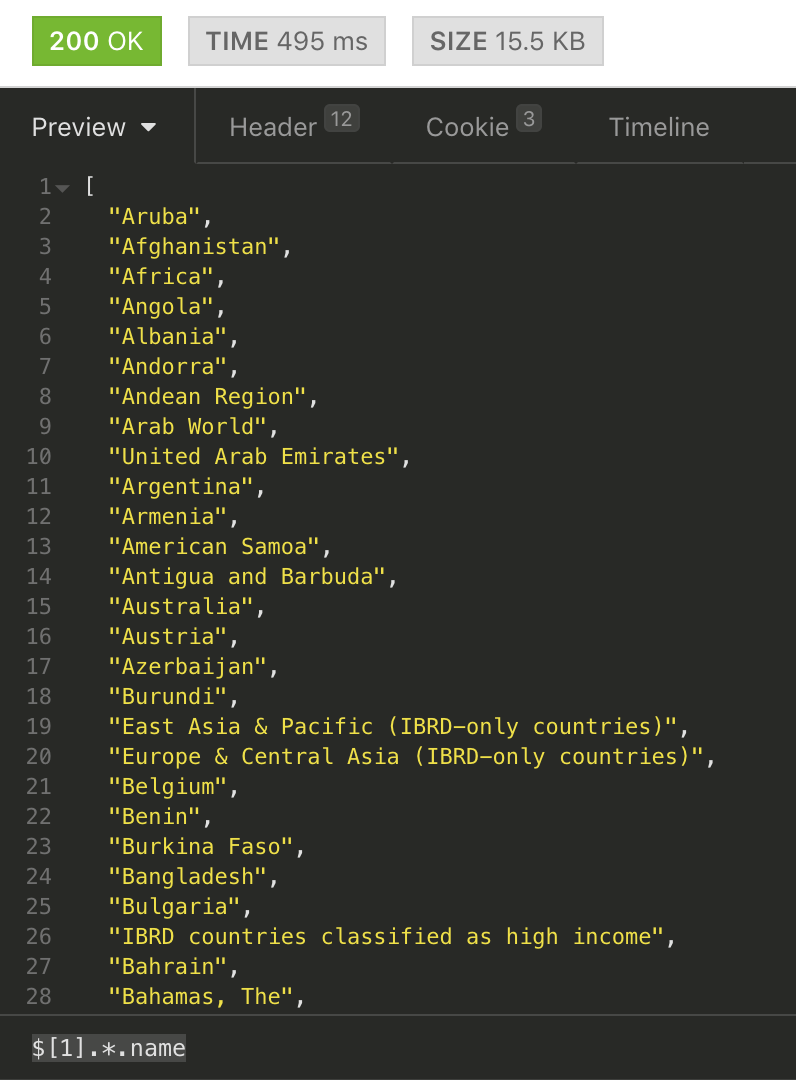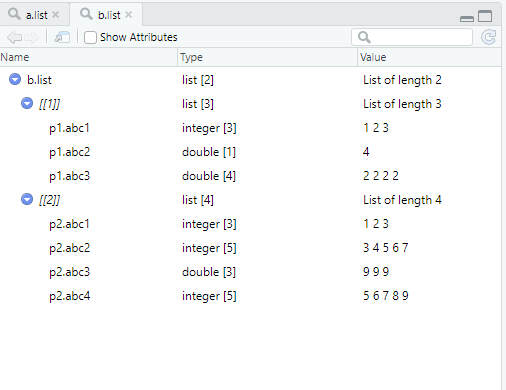

So with that grep implementation, you can do: grep -K 'README.md'

With ast-open grep, which is also ksh93's grep builtin (not always built-in by default, and you need to enable it by putting /opt/ast/bin ahead of $PATH), you can use the -K option for grep to use shell wildcards (extended ksh93 ones). Would again be the same as: grep 'README\.md'Īs grep looks for a match within the line as opposed to finding lines that match the pattern exactly (for which you need -x). The * wildcard operator which matches on 0 or more characters can be written. Here, it seems you're confusing regular expressions with shell wildcard patterns. (the ^s showing what within the line is matched by the regular expression, which you could see with -color) Since any number includes 0, that's functionally equivalent to grep '*README.m' (which would make no difference to which lines are being matched, only on what may be matched within the line (which would show with the -color option of GNU grep for instance)).įor instance, it would match on those 2 lines: *README mike regexp operator) followed by m followed by any number of ds. So grep '*README.md*' matches on lines that contain a literal * followed by README followed by any single character (the. In BREs, when at the start of the pattern or when following the ^ or \( regexp operators, it matches a literal * only (it's also taken literally inside bracket expressions).

* is a regexp operator that matches 0 or more of the preceding atom. To create a wildcard query for Elasticsearch, you need to specify the wildcard option in your query, followed by a string pattern and asterisks ( *), all contained within double quotes.Grep patterns are regular expressions (aka regex, regexp, RE), basic regular expressions (BRE) unless one of -E/ -F/ -P/ -K/ -X option (only the first two of which being standard) is used.

In a wildcard query, ? matches any charcter and * matches zero or more characters. Wildcard queries allow you to specify a pattern to match instead an exact term. You can use the command curl -help for more information about the various options. If this header option is omitted, you’ll get a 406 Content-Type header error: The header option explicitly specifies that the content type is in JSON format. What this means is that cURL requests must now include -H 'Content-Type: application/json' as a header option whenever the request has a JSON object in its content body. NOTE: Since the rollout of version 6.0, Elasticsearch has begun enforcing a strict content-type checking for cURL requests.
#Grep wildcard operator how to#
In this tutorial, we’ll provide step-by-step instructions on how to use regex and wildcard queries to return documents that only have a partial match. For fields of type date and integer, you can also broaden your searches with the use of range queries. Regardless of the situation, regular expressions, also known as “regexps”, and wildcard queries can be used on Elasticsearch fields of type keyword and text to allow for partial matching. Another user may be searching for a last name that they know begins with “Sto”, though they might not be sure how the rest of the name is spelled. A user might want to return all the different types of bread they sell in their store, so they may search for all products in their inventory that have the word “Bread” in the name. When people search for data, they’re not always looking for a single exact match.


 0 kommentar(er)
0 kommentar(er)
